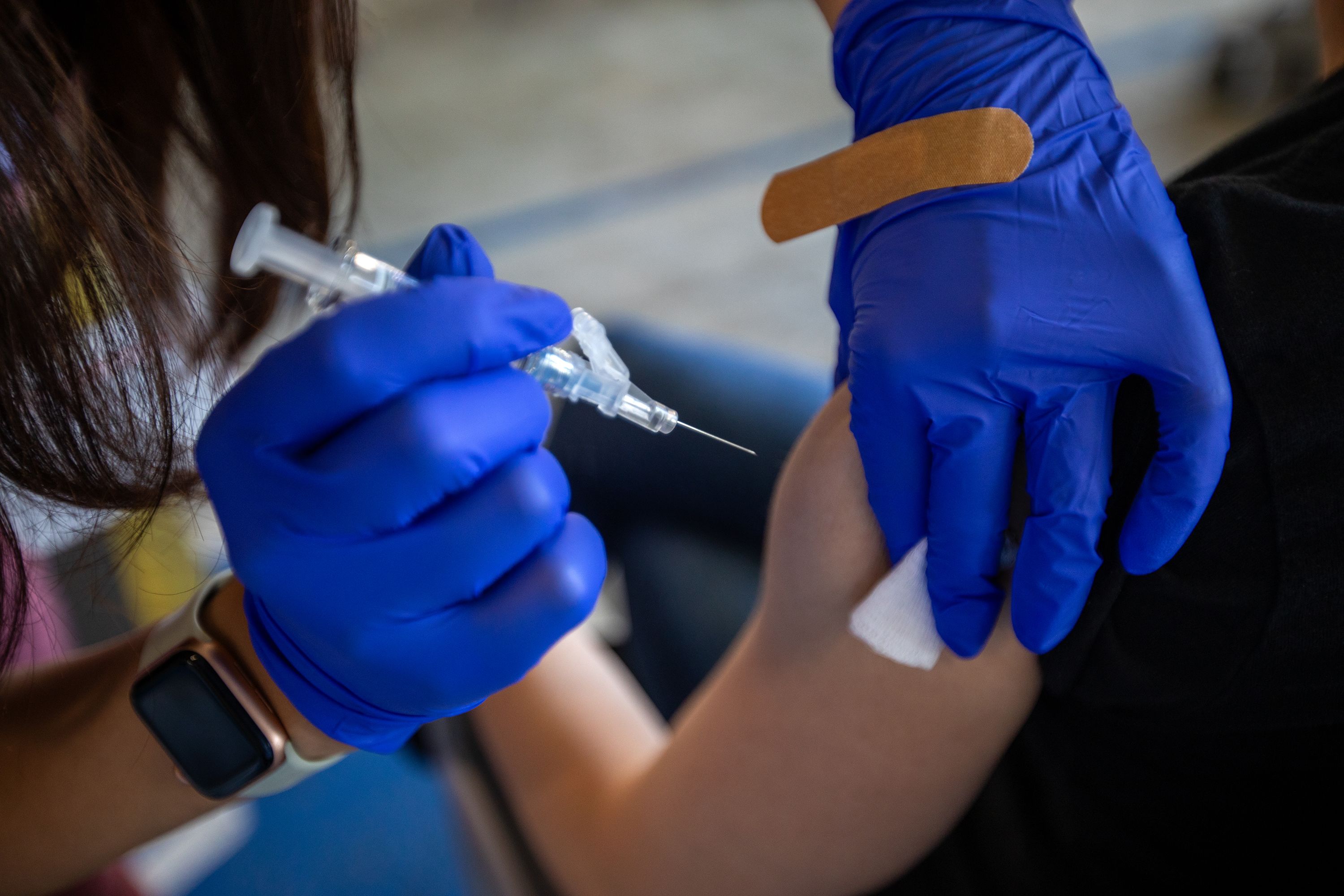In 2023, fraudulent activities in healthcare primarily involved non-rendered services, exceeding 5 million euros. Additionally, healthcare providers improperly billed approximately 2.9 million euros for non-compliant services, although these incidents remain isolated among a minority of providers, noted DGEC. While their numbers slightly increased in 2023, cases have grown more severe, occasionally involving collaboration with the Labor Audit Office for prosecution.
Philip Tavernier highlighted concerns over potential organized crime misuse within the Dutch healthcare system for money laundering, a scenario not yet realized in this context. Despite representing just 0.01 percent of the total healthcare budget of around 45 billion euros, combating fraud remains crucial to prevent recurrence and safeguard public health, emphasized the Riziv inspection service. Such practices unjustly enrich individuals at taxpayers’ expense, diverting resources intended for patient care.
Furthermore, the DGEC reported instances where healthcare providers overcharged health insurance by 10.3 million euros in 2023, often due to administrative errors or misinterpretation of regulations. Prevention remains pivotal in addressing these issues, stressed the inspection service.
Last year’s audits identified 4.5 million euros in unjustified charges among doctors, nearly 3 million euros among home nurses, and over 2 million euros among dentists. The total unjustified amount in 2023 amounted to 18.3 million euros, the highest since 2019. Factors contributing to this increase included a record 871 audit investigations, enhanced data analysis, and national investigative strategies. To bolster these efforts, the inspection service recruited ten data analysts.
Looking ahead, the DGEC advocates for a strengthened workforce to capitalize on their inspectors’ high return on investment, which stands at 2.7. They underscored the need for more proactive measures and awareness campaigns, citing recent initiatives like antibiotic usage guidelines and physician education on prescription practices. Additionally, efforts to reform nomenclature aim to mitigate misinterpretations and reduce fraudulent billing practices in healthcare.




